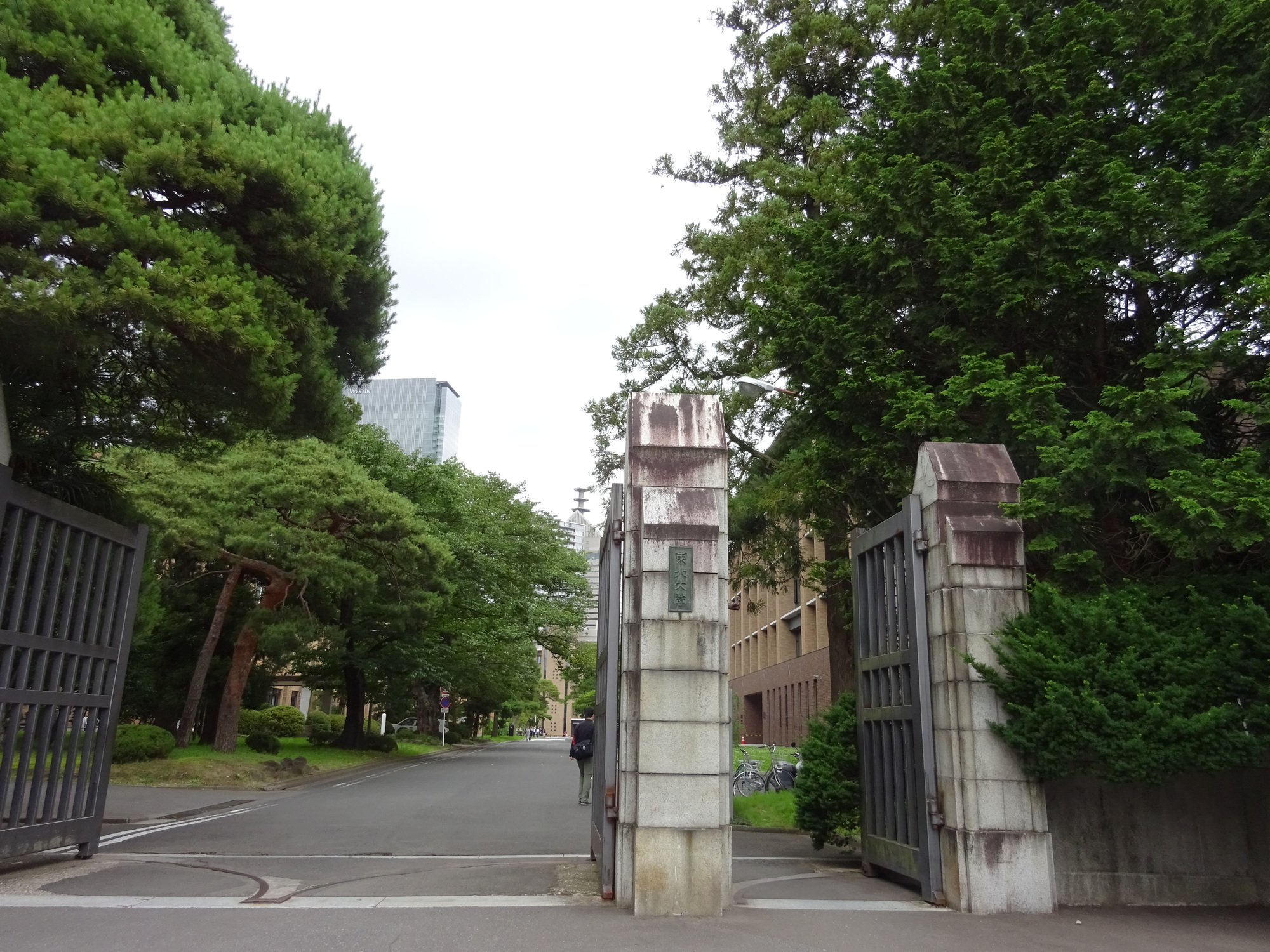In Drosophila, as a response to wounds and stress, a surprising phenomenon of organ regeneration called "decisive transformation" that reshapes the entire organ is known.Such "ability of cells to change their properties (differentiation plasticity)" is known in various organisms, but the mechanism is not well understood.
A research group led by Keita Masuko and Professor Shoichiro Kurata of the Graduate School of Pharmaceutical Sciences, Tohoku University identified genes involved in "decision conversion" using Drosophila, whose eyes change to wings due to "decision conversion". Announced that.
It was revealed that two proteins, "Wge" and "Su (var) 3-9", are responsible for the "decision change".In particular, "Su (var) 2-3" was a protein classified as "histone methyltransferase", which is known to affect the functions of various genes.
The "histone methylase" has the activity of imparting a methylation modification to a histone protein.It is known that histone proteins are subjected to various chemical modifications as well as methylation, and when specific chemical modifications are given to various positions on histone proteins, the expression of genes in the vicinity is affected. Changes may occur, and transcription is activated or repressed.
It was revealed that "Wge" and "Su (var) 3-9" play an important role in differentiation plasticity in the "decision conversion" phenomenon by coordinating this chemical modification.Genes homologous to these are also present in mammals including humans, and this discovery is expected to be a basic finding that will lead to the field of regenerative medicine such as organ regeneration and transdifferentiation.
Paper information:[Cell Reports] winged eye induces transdetermination of Drosophila imaginal disc by acting in concert with a histone methyltransferase, Su (var) 3-9

